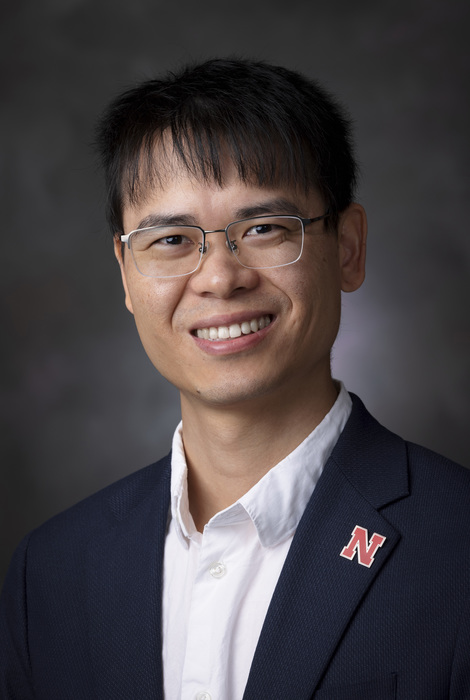Collaborative Research: CSR: Small: CADaaS: Deterministic Communication and Predictive Computation for Connected Autonomous Driving as a Service
This project is supported by NSF #2426481 (03/01/2025-02/28/2028).
Project Description
Autonomous driving is the much-anticipated transformative technology to revolutionize conventional human driving toward full automation, high safety, and versatile intelligence. In pilot commercialization efforts (e.g., Waymo), autonomous vehicles rely on onboard sensors, hardware, and AI-based software to perceive, understand, and react to complex surrounding environments. Existing autonomous vehicles are manufactured under tightly coupled hardware and software, with limited future upgradability throughout their life cycles. This project?s novelty is to advance existing autonomous driving by integrating the available information from proximate vehicles and roadside infrastructures to seamlessly incorporate into the autonomous driving software, substantially improving driving performance and safety. The project's broader significance is empowering existing vehicles with ever-evolving autonomous driving capability and continual upgradability. Furthermore, the project involves cyber workforce training activities and industry collaboration.
This project aims to democratize autonomous driving technologies to every connected vehicle via designing a new connected autonomous driving as a service (CADaaS) paradigm. The fundamental idea is to enable adaptive vehicle-edge collaboration to obtain the latest autonomous driving stacks, including perception, prediction, and planning. First, new network threading techniques are designed to achieve user-initialized resource reservation and user-grained performance assurance in the wireless network. Second, new deadline-aware inference frameworks are designed to assure the percentile constraint of inference latency under multiple deep neural networks (DNN) concurrency in the edge server. Third, CADaaS is deployed and evaluated under real-world at-scale network and computing scenarios, including the University of Nebraska-Lincoln Husker-Net and the University of Delaware D-STAR. This project is transformative in defining, reshaping, and catalyzing the on-the-horizon connected autonomous driving technology, software-defined vehicles, and vehicle computing paradigm.
Personnel
- Lead Principal Investigator: Dr. Qiang Liu, Assistant Professor, School of Computing, University of Nebraska-Lincoln
- This is a collaborative project with: Dr. Weisong Shi, Alumni Distinguished Professor and Chair, Department of Computer and Information Sciences, University of Delaware
- Graduate Student: TBD
Publication
- TBD
Broader Impacts
- TBD
